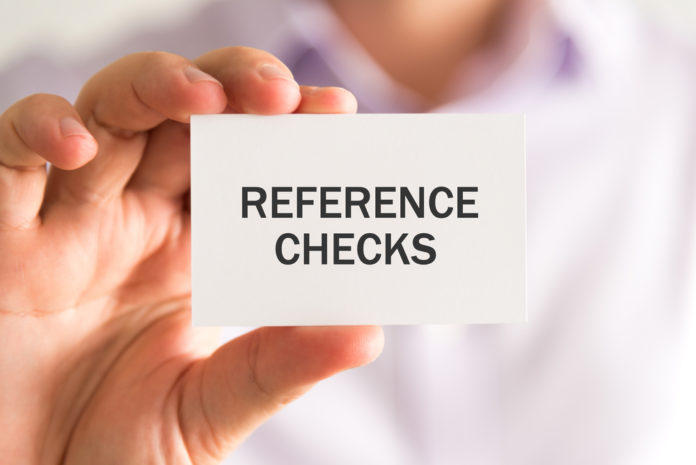Protest challenging the agency’s evaluation of proposals is denied. The protester complained that the agency considered past performance references the company had not submitted. GAO saw no problem with this. The solicitation expressly stated the agency would consider information from other government sources. The protester also alleged the agency failed to conduct meaningful discussions regarding the company’s staffing mix. But GAO found that the agency held discussions that led the protester to an acceptable staffing mix. The agency was not obligated to do more than that.
Background
NASA issued an RFP seeking operation and maintenance services at the Johnson Space Center in Houston. NASA received proposals and established a competitive range with two offers: Amentum Services and PAE Applied Technologies. Following discussions, NASA awarded the contract to PAE. Amentum protested.
Legal Analysis
- NASA Reasonably Considered Performance References Amentum Didn’t Submit – Amentum complained that in evaluating past performance, NASA had ‘looked high and low,” “inexplicably hunted down” and considered contracts Amentum had not submitted. Amentum alleged NASA should not have considered those unidentified contracts because they weren’t relevant. GAO disagreed. The RFP expressly advised offerors that NASA planned to consider information obtained from other government sources. Amentum could not complain that NASA considered references it had not submitted. Moreover, these contracts were relevant enough to the RFP to be properly considered.
- NASA Advised Amentum of Concerns With Its Staffing Mix – NASA had found Amentum’s 14.8-to 1 employee-to-manager ratio acceptable, but it found PAE’s 10.7 to 1 ratio preferable. Amentum argued that if NASA didn’t like Amentum’s staffing ratio, it should have reopened discussions and allowed the company to revise. But NASA had already held multiple rounds of discussion concerning Amentum’s ratio. Amenthm had first proposed 27 to 1, and then 15.8 to 1. NASA had advised that both were too high. Amentum’s final ratio of 14.8 to 1 was acceptable. NASA had no obligation to conduct another round of discussions on this issue.
- No Unequal Treatment – Amentum alleged NASA disparately evaluated each offeror’s proposed “store front.” GAO found no disparate treatment. Rather, PAE’s proposal addressed the more important management requirements, while Amentum’s focused on the less important technical requirements. The agency reasonably discriminated between proposals.
Amentum is represented by Richard B. O’Keefe, Gary S. Ward, William A. Roberts III, and Jennifer Eve Retener of Wiley Rein LLP. The intervenor, PAE, is represented by Anuj Vohra, James G. Peyster, William B. O’Reilly, and Karal V. Perez Chacon of Crowell & Moring LLP. The agency is represented by Ian F. Rothfuss, Randall T. Suratt, and Zareen Iqbal of NASA. GAO attorneys Glenn G. Wolcott and Christina Sklarew participated in the preparation of the decision.




